7. Jacob’s Ladder
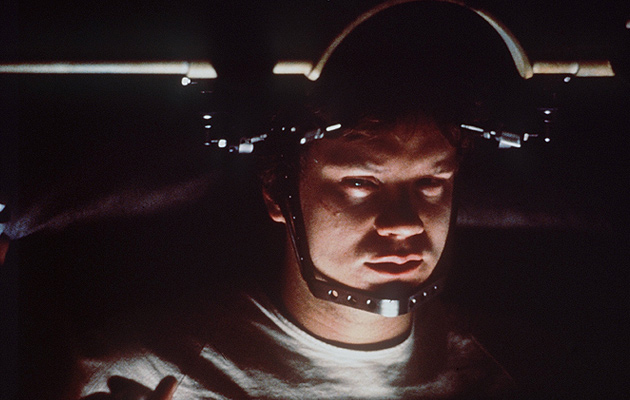
“Jacob’s Ladder”, a mystery-drama directed by Adrian Lyne, is disturbing, dark and terrifying, pushing the conventions of modern filmmaking. The magic of the film lies in its eeriness present in both psychological and supernatural levels, and that magic produces an eagerness in audiences to solve the ‘’mystery’’, as we begin to sympathize with Jacob’s character, played to perfection by Tim Robbins. It’s one of those movies that rolls through your mind before giving you a bitter conclusion that turns everything upside down.
“Jacob’s Ladder” takes you on a journey that’s so intimidating yet wonderful, brutal yet beautiful, an experience that is unparalleled to this day. It takes control of its audience’s mind, making you unable to think, feel and believe anything other than the intense feeling this movie inspires. This film creates a sense of dread and foreboding atmosphere that increases the spectator’s curiosity.
6. Fight Club

“Fight Club” is a 1999 cult classic directed by David Fincher, starring Ed Norton and Brad Pitt, and based on Chuck Palahniuk’s novel of the same name. Finding somewhat mainstream success now, “Fight Club” intimately couldn’t find its audience, failing at the box office. Norton plays a depressed insomniac who feels alienated by the world around him. In his desperation to feel something, he starts going to support groups. Oe day Norton’s character meets Tyler Durden (played by Brad Pitt) and, immediately fascinated with his devil-may-care attitude, he forms a friendship with him.
The film is dark and disturbing, making bold statements about our consumer-driven society, and its structure is extremely playful as it messes around with linear time to an incredible degree. “Fight Club” is a cinematic masterpiece as it challenges the status quo and offers a wakeup call to people immersed in this materialistic society. With a tightly held script, brilliant direction, amazing acting, great cinematography and a superb soundtrack, “Fight Club” is a feast for both our eyes and our mind.
5. Blade Runner
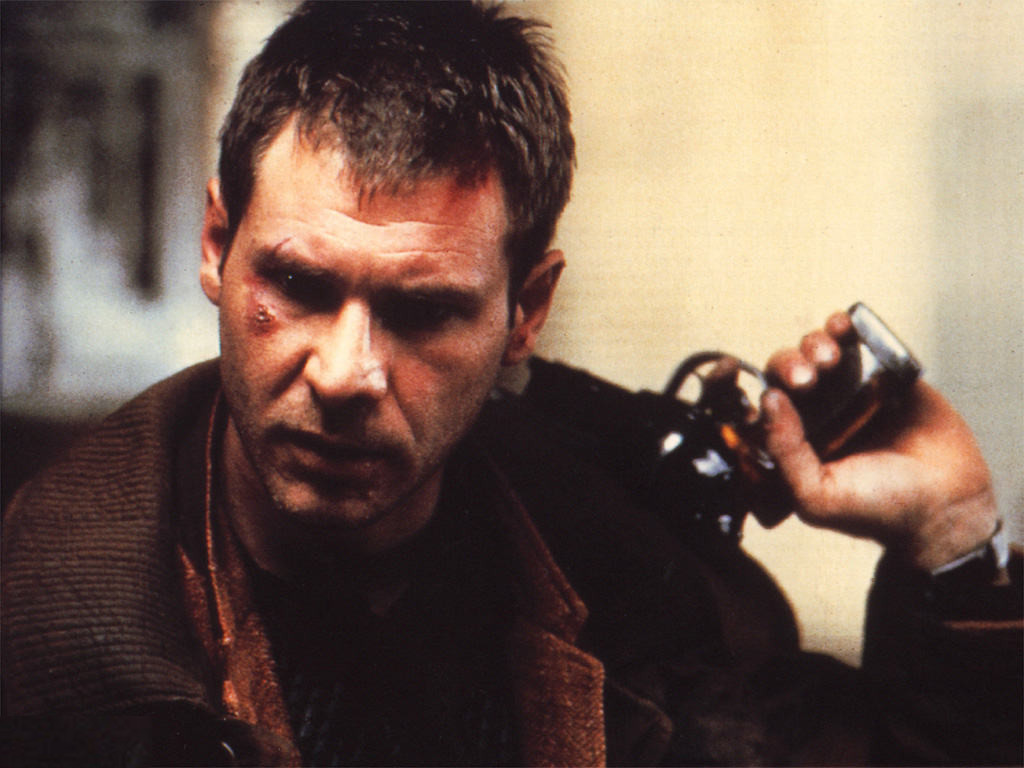
“Blade Runner” is compelling science fiction, as it examines the impact of technology in the nature of human society. It is a timeless classic, with its power coming from its dark deception of futuristic cityscapes and its philosophical themes. The climax wonderfully brings all explored themes in the movie together.
Despite a rich theme of science fiction and futurism covering this adventure, there are distinct elements of film noir are present primarily in the bluish haze that the film uses to depict a gritty urban atmosphere. Harrison Ford plays a cop, Rick Deckard, in a decrepit Los Angeles; the film requires audience participation as it’s a visually-driven story that doesn’t rely on special effects. “Blade Runner” is an impeccable film crafted by a true cinematic visionary, Ridley Scott.
4. Moon

“Moon” is a story about astronaut Sam Bell, played by Sam Rockwell, the only inhabitant of an automated lunar mining base extracting Helium -3 from lunar rocks to be shipped back to Earth. As his three-year posting is about to come to an end, and as Sam longs to end his solitude, something goes wrong.
“Moon” is a thought-provoking narrative that touches on issues like corporate greed, humanity, compassion, and most importantly, the role of ethics in science. Rockwell beautifully carries this film, making viewers experience his isolation and loneliness. It is an independent science fiction film that doesn’t rely on CGI and works effortlessly to make this movie a feast for our eyes. “Moon” is an excellent piece of art that provides its audience an effective, entertaining cinematic experience.
3. Primer
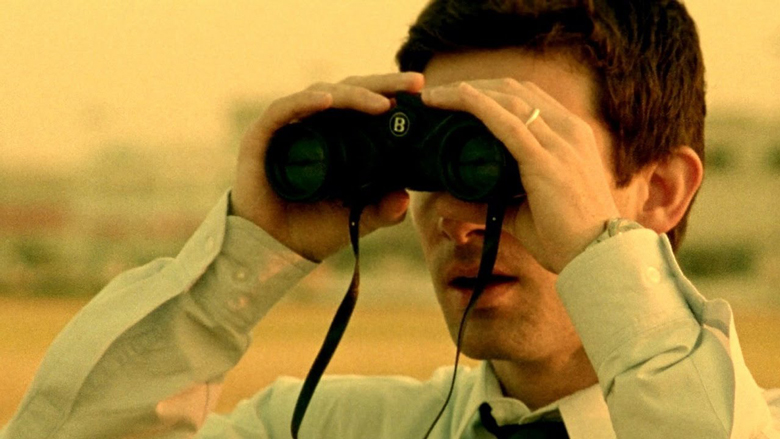
“Primer” is a challenging film, one that takes few viewings before you get the what the movie wants you to understand. It’s is not your traditional film in any sense; the settings are drab, out of focus, cheap, and rushed, but it doesn’t take away from the fantastic plot. In fact, it works in these disadvantages rather beautifully into the story. Where some movies gloss over the paradoxes of time travel, “Primer” jumps right into it. It pulls off an incredibly believable story, forcing the audience to concentrate to keep up, working out the logical implications of what’s happening.
“Primer” is a story of young scientists who work to create an error-checking device; they end up creating a time machine, and they also discover dark consequences of their invention. It is an entertaining and honest intellectual film and it just blows its audience away. In a genre where visual impact and flashy graphics are key, “Primer” uses ideas to achieve the same effect.
2. Mulholland Drive
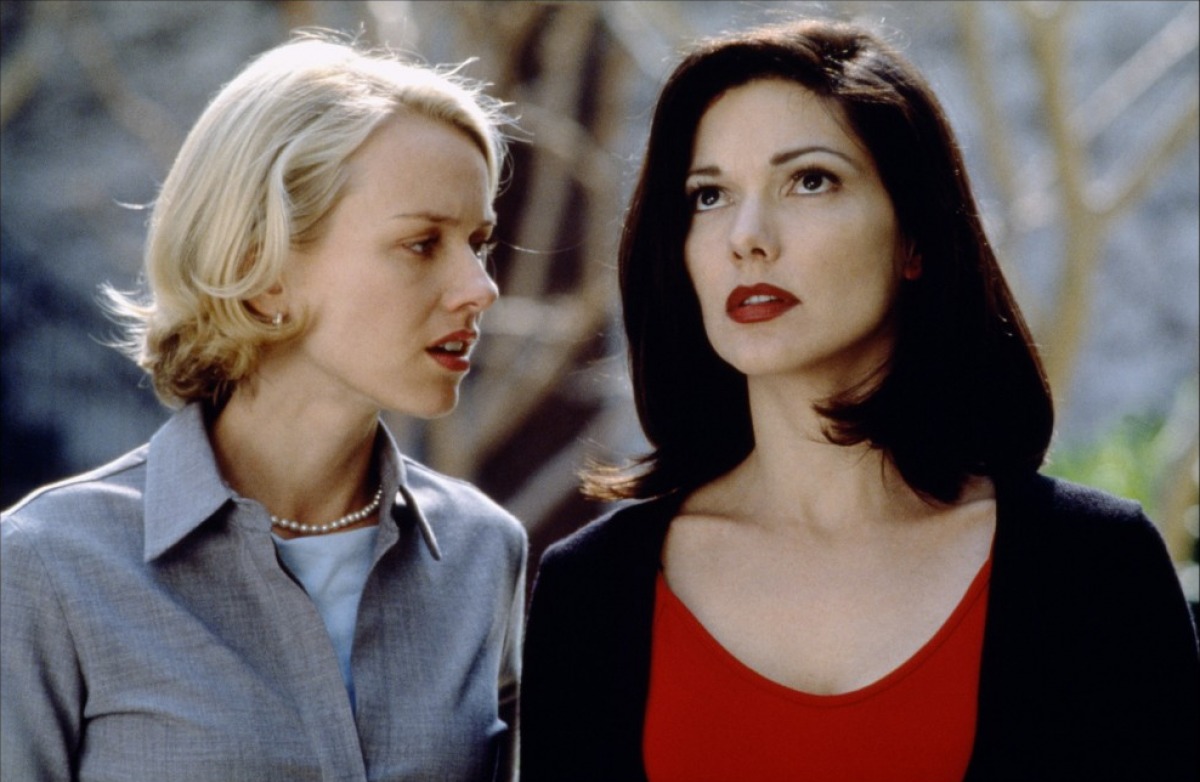
Listed as one of the best films of the 21st century, “Mulholland Drive” is a masterpiece, and it is best to look at this film thematically rather than as a straightforward narrative. David Lynch wants the audience to draw up their own conclusions, giving them freedom to use their own perspectives.
“Mulholland Drive” is constructed in a way so the meaning will always be open to interpretation. No matter how much experience you have with mind-bending films, comprehending “Mulholland Drive” will leave you scratching your head and more confused than ever. The studio was aware of this to the extent that they had Lynch write ‘’10 clues to unlocking this thriller’’ and they put it the back of its CDS.
Lynch makes an unusual use of sound and includes brilliant color schemes with important symbolism. Subtle clues throughout the film helps to unlock the meaning. The film starts when a dark-haired woman is left amnesiac after a car crash; she is discovered by Betty, a woman seeking fame in Los Angeles as an actress. “Mulholland Drive” is cinematic gift filled with beautiful cinematography and fantastic acting, creating a dreamlike world for its audience.
1. 2001: A Space Odyssey
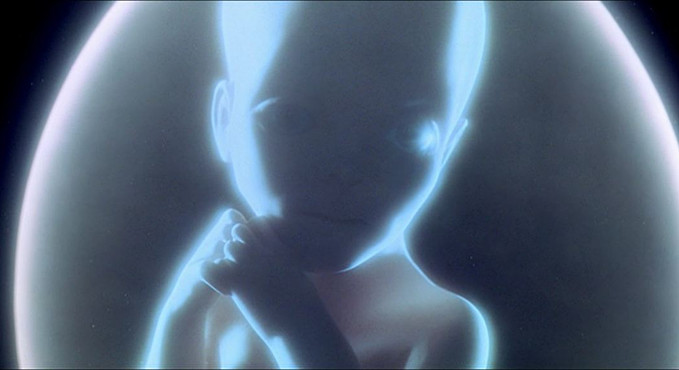
“2001: A Space Odyssey” is a film made with incredible special effects, camera work and set design. This Kubrick masterpiece was way ahead of its time, leaving viewers with a lot of thoughts. “2001” is not just science fiction, but the journey about humanity’s evolution. It has the most infamous transition cut in cinema’s history where it cuts through humans first tool (bone) to the most complex tool spaceship.
“2001” requires you to relax. It requires you to enjoy strange and beautiful images without feeling guilty about there not being a detailed characterization. Upon its release, the critics panned the movie due to its lack of dialogue and Kubrick’s lack of explanation. “2001” refined the cinema and its scope, and is a movie so complex and filled with subtle clues that it boggles the mind of moviegoers to this day. It follows a straightforward path until the last 30 minutes or so, when the movie turns into something that can’t be simply comprehended. Like all great directors, Kubrick gives his audience the freedom to come up with their own interpretation.